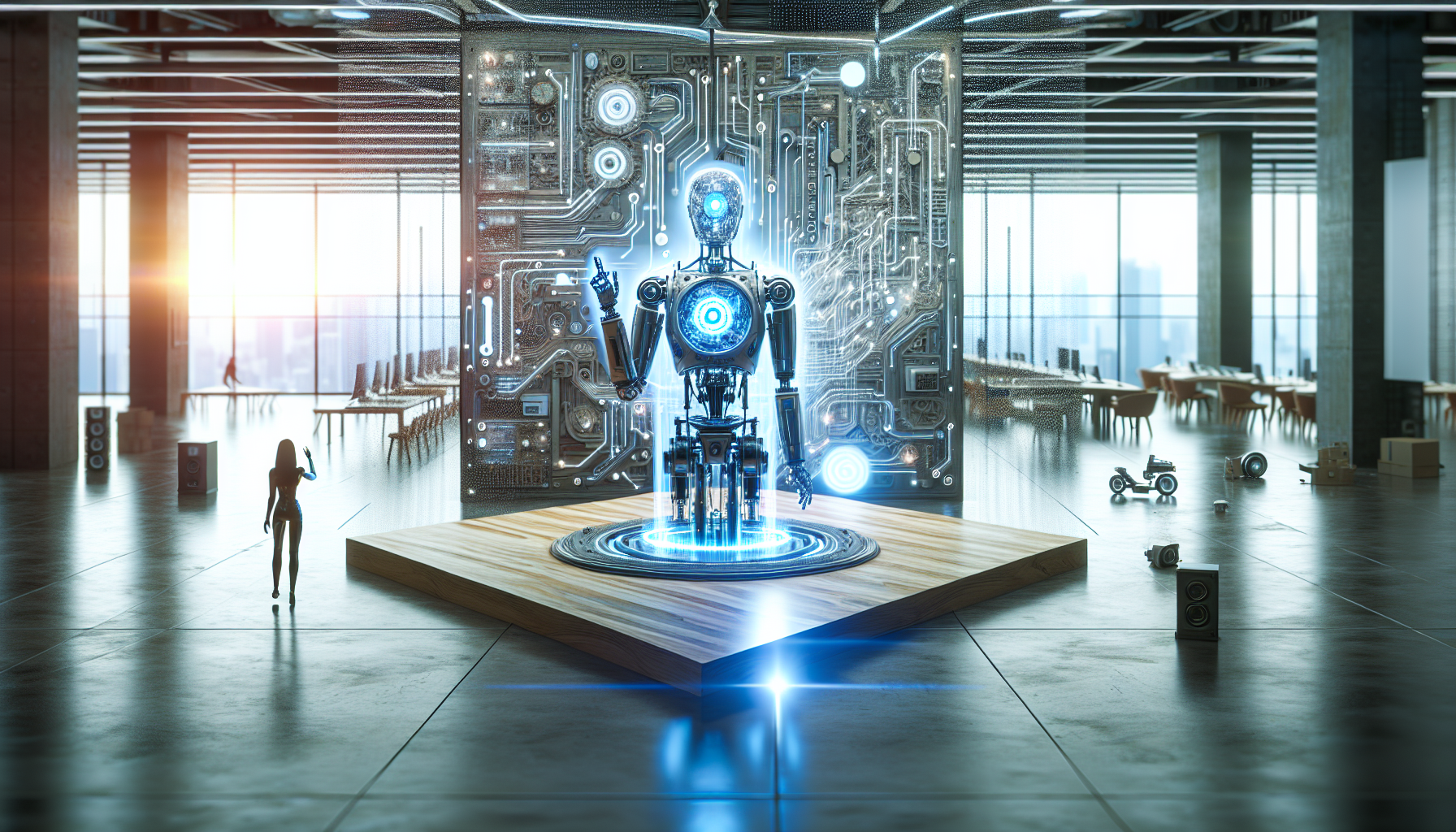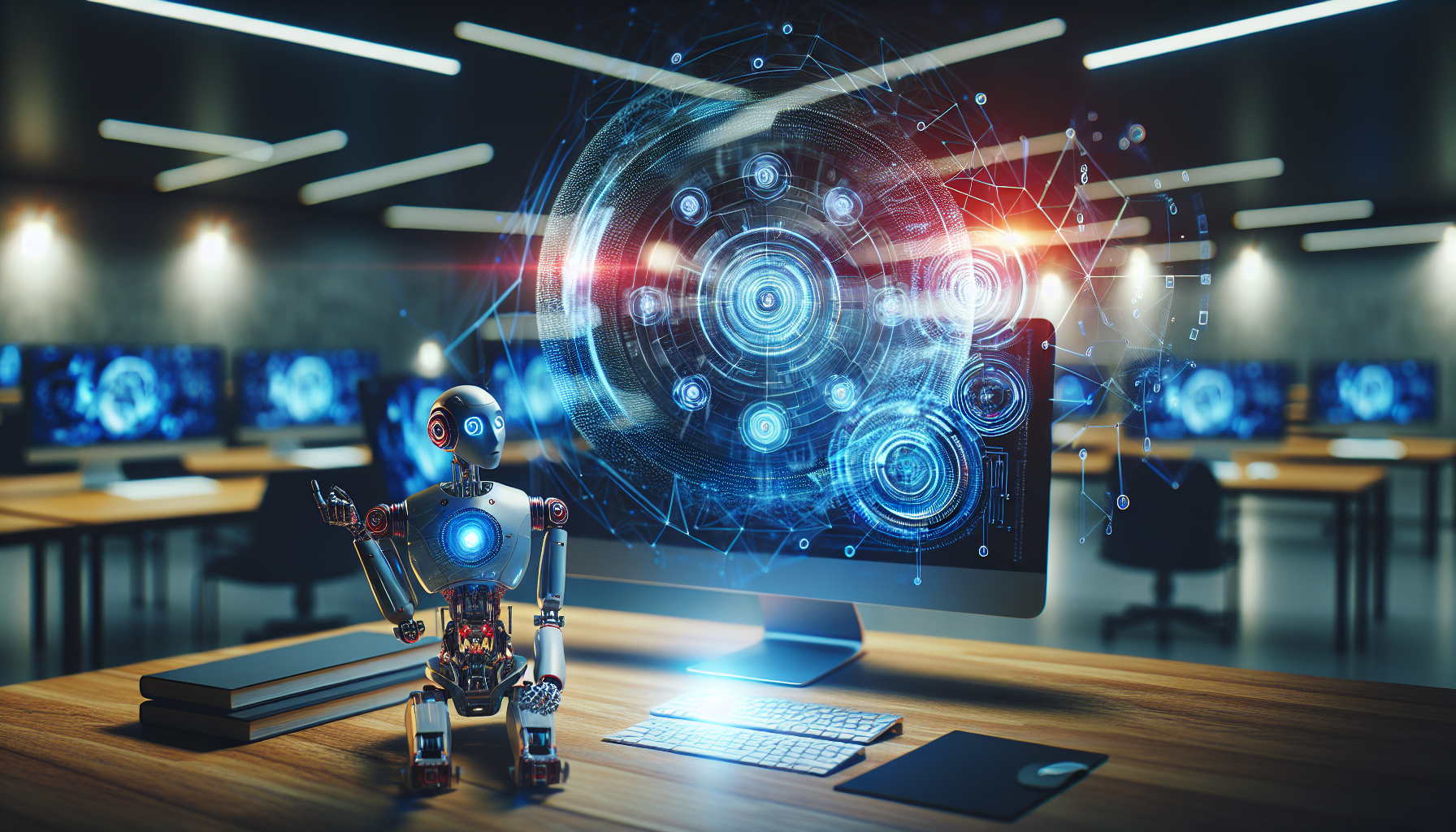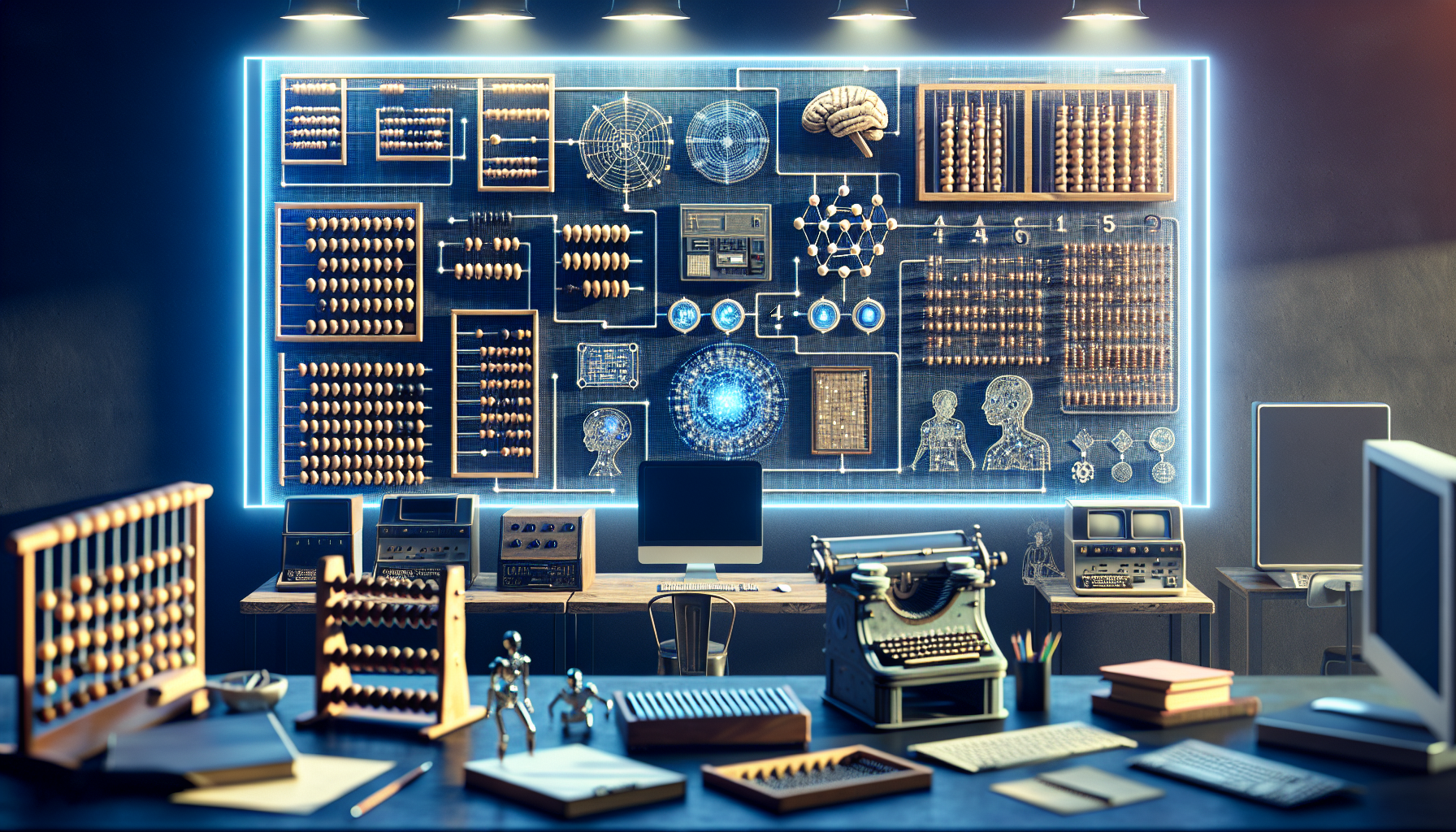
The Economic Impact of AI: Growth, Displacement, and Future Predictions
February 7, 2025
Artificial Intelligence, often hailed as the harbinger of a new industrial revolution, is set to redefine economic landscapes across the globe. Yet, amid the promises of unprecedented growth and efficiency, lies a more complex narrative about displacement and uncertainty. The question isn't whether AI will transform economies, but how—and at what cost.
The potential for economic growth driven by AI is monumental. Proponents argue that AI can unlock new levels of productivity, automating mundane tasks and allowing humans to focus on more creative and strategic endeavors. Companies leveraging AI can optimize supply chains, enhance customer experiences, and drive innovation at a scale previously unimaginable. For instance, AI's ability to analyze vast datasets can lead to breakthroughs in healthcare, energy management, and financial services, offering tangible benefits to society.
However, the economic impact of AI isn't exclusively positive. The displacement of jobs is an inevitable consequence, as machines encroach on roles traditionally held by humans. From manufacturing floors to service centers, automation threatens to upend industries, creating a dichotomy between those who can adapt and those who find themselves displaced. While some argue that AI will create new job categories, the transition period could be tumultuous, with significant social and economic repercussions.
Critics caution that the benefits of AI-driven growth may not be evenly distributed. The concentration of AI development and deployment in tech hubs and large corporations could exacerbate existing inequalities. Smaller businesses and less economically developed regions may find themselves unable to compete, leading to a widening gap between the technological haves and have-nots. Moreover, the skills required to thrive in an AI-driven economy may leave behind those who lack access to education and retraining opportunities.
Future predictions about AI's economic impact often focus on the potential for substantial GDP growth. However, this optimistic outlook glosses over the nuanced realities of workforce displacement. The challenge lies not in generating wealth, but in ensuring that it is equitably shared. Policymakers are faced with the daunting task of balancing innovation with regulation, fostering an environment where AI can thrive while protecting vulnerable populations from its disruptive effects.
The critical question is how societies will manage the transition to an AI-integrated economy. Will governments and institutions rise to the occasion, implementing robust social safety nets and education systems designed to equip the workforce for new roles? Or will the rapid pace of technological advancement outstrip our ability to adapt, leaving behind a trail of economic casualties?
As AI continues to evolve, its integration into the economy will undoubtedly bring about profound changes. But these changes must be navigated with care and foresight. A future where AI enhances economic growth without causing widespread displacement is possible, but it requires a concerted effort from all stakeholders—governments, businesses, and communities alike.
The conversation around AI's economic impact is only just beginning, and it demands our full attention. As we forge ahead, we must ask ourselves not just how AI can serve the economy, but how we can shape an economy that serves all of humanity. The future of AI is a shared journey, and it is up to us to determine its course.

